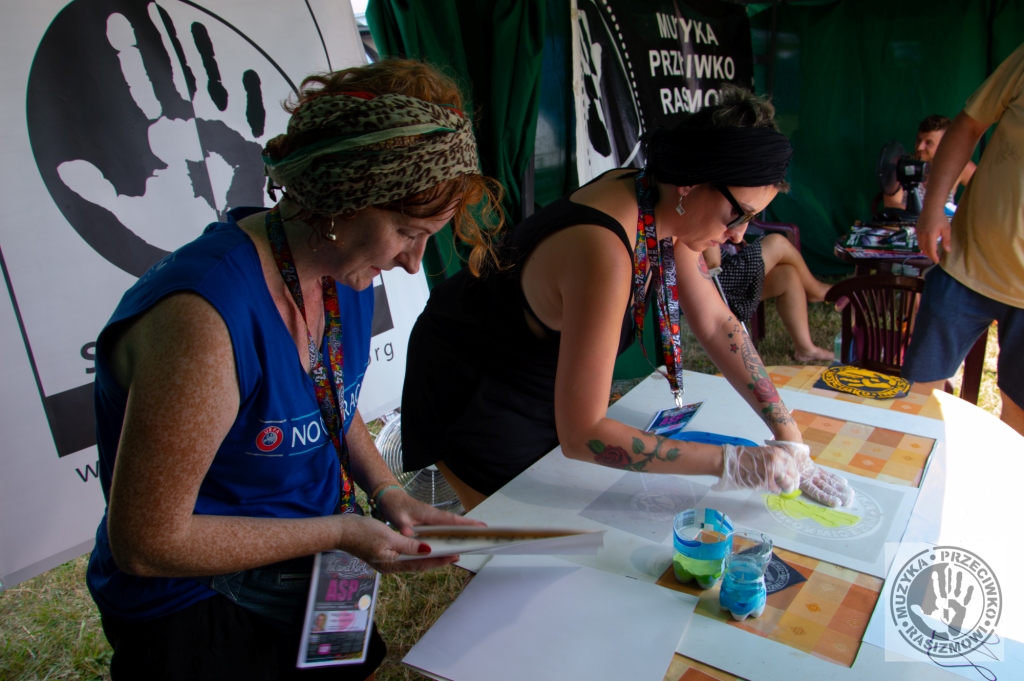- About
- Topics
- Story
- In-Depth
- Picks
- Opinion
- News
- Donate
- Signup for our newsletterOur Editors' Best Picks.Send
Read, Debate: Engage.
| topic: | Racism |
|---|---|
| located: | Bosnia and Herzegovina, Germany |
| editor: | Katarina Panić |
"Where are you from? Ever since I can remember myself, I've been asked this question almost every time I say my last name. My given name is kind of international; my surname is not. The question that has haunted me my whole life became even more frequent once I get married. I took my husband's surname, which is typical Slavic; it ends in ić," Sandra told FairPlanet.
In terms of emigration rates per capita, Bosnia is one of the leading countries in the world. Its citizens mostly emigrate to Germany, followed by Austria and Slovenia. Yet, Sandra decided to travel in the opposite direction.
"I always missed the sense of belonging. I am grateful for all the good things that have happened to me in Germany. However, I've always been torn between two homelands. Finally, I don't have a feeling of being unaccepted anymore. No one asks where I am from," Sandra added.
Her father moved to the West in 1968, right after the Federal Republic of Germany signed a labour recruitment agreement with the socialist government of Yugoslavia. He was one of the more than 1.5 million guest workers called Yugos at that time. His wife accompanied him three years later. Sandra was born in 1972 in Manheim. She grew up there, completed high school, found a job, got married and had a son. Now, these first, second and third-generation Yugoslavians decided to go back to their true homeland, although they became firmly rooted in German society over half of a century.
"The decision did not come overnight. It followed after years and years during which the reasons to leave piled up and reasons to stay vanished. Because of the war in Yugoslavia, it was not comfortable to plead Serbian origin during the nineties. Then, in 2008 the global economic crisis broke out. Soon after, the migrant crisis began. The coronavirus pandemic was the last drop that made the cup run over," she said.
Sandra used to work with a US nuclear power company. She lost her job two years ago when staff had been halved due to Germany's decision to reduce the operation in this sector. She found a new job instantly but never reached the working conditions that she used to have before, as the labour market is devalued beyond recognition.
"It was Friday, July 31st. It was the last day of school. We could hardly wait for David to come back. The suitcases were packed. The car was full to the brim," she recalls with a smile. As we talked, a Jack Russell Terrier puppy fell asleep in her arms. The parents had promised their 12-years-old son that he is going to get a dog once they came home. While many of his peers are rapidly learning German to join the parents who already moved there, David is taking classes in Cyrillic, another official alphabet in Bosnia.
Image by cocoparisienne

